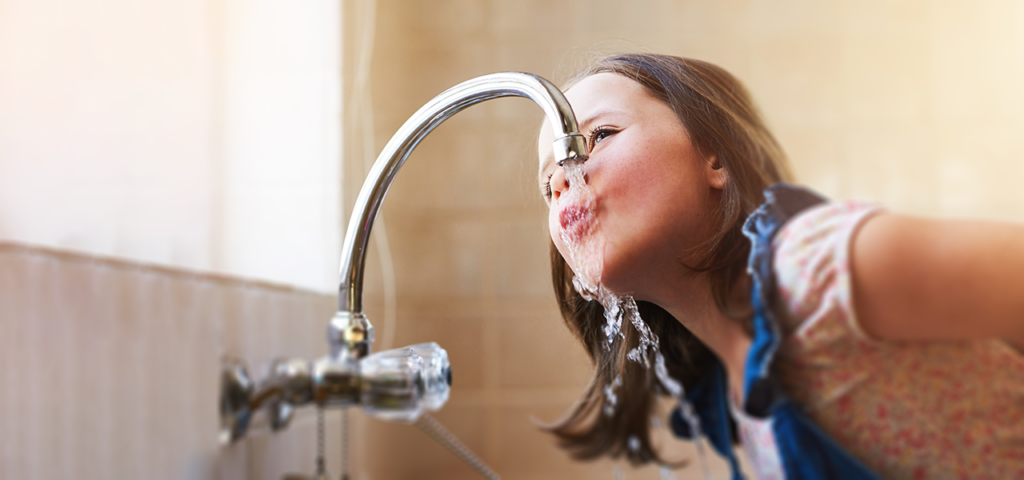Living in Boston or planning to visit the city and wondering about the safety of tap water? It’s a common concern for many, especially when it comes to ensuring the health and well-being of ourselves and our families.
In this article, we’ll delve into the quality of tap water in Boston, exploring its safety, regulations, and measures taken to maintain its purity.
Are You Looking For Best 18+ Hotel To Stay?
Check out Our Guide on the Best Hotels With 18+ check-ins in the United States.

Understanding Tap Water Quality
Tap water quality varies from city to city and depends on several factors, including the source of water, treatment processes, and distribution system.
In Boston, tap water primarily comes from the Quabbin and Wachusett Reservoirs, located west of the city. These reservoirs provide high-quality water that undergoes rigorous treatment before reaching your tap.
Regulations and Standards
The safety of tap water in Boston is closely monitored and regulated by the Massachusetts Department of Environmental Protection (MassDEP) and the Environmental Protection Agency (EPA).
These agencies enforce strict standards and guidelines set forth by the Safe Drinking Water Act to ensure the quality and safety of drinking water across the state.
Water Treatment Processes
Before tap water reaches your home, it undergoes several treatment processes to remove impurities and contaminants. These processes typically include:
- Coagulation and Flocculation: Chemicals are added to the water to bind with particles, forming larger particles called floc.
- Sedimentation: The floc settles to the bottom of the water, allowing it to be easily removed.
- Filtration: The water passes through layers of sand, gravel, and charcoal to remove smaller particles and impurities.
- Disinfection: Chlorine or other disinfectants are added to kill any remaining bacteria, viruses, and parasites.
These treatment processes effectively remove most contaminants, ensuring that the tap water meets regulatory standards for safety and quality.

Water Quality Testing
In addition to treatment processes, water quality testing is conducted regularly to monitor the effectiveness of treatment and ensure compliance with regulatory standards. Samples are collected from various points in the distribution system and analyzed for a wide range of contaminants, including bacteria, lead, pesticides, and heavy metals.
Results and Transparency
The results of water quality testing are made available to the public through annual water quality reports and online databases. These reports provide detailed information about the levels of various contaminants detected in the water and any actions taken to address concerns or violations.
Community Involvement
Ensuring the safety of tap water in Boston is a collaborative effort that involves government agencies, water utilities, environmental organizations, and the community. Residents are encouraged to stay informed about water quality issues and to report any concerns or observations to the appropriate authorities.

Conclusion
In conclusion, tap water in Boston is rigorously treated, monitored, and regulated to ensure its safety and quality. While no water supply is completely free of contaminants, the measures in place help minimize risks and provide residents and visitors with access to clean and safe drinking water.
By staying informed and involved, we can continue to uphold the high standards of water quality in our community.
Remember, when in doubt, it’s always a good idea to use a water filter for an extra layer of protection, especially if you have specific concerns about the quality of your tap water.
